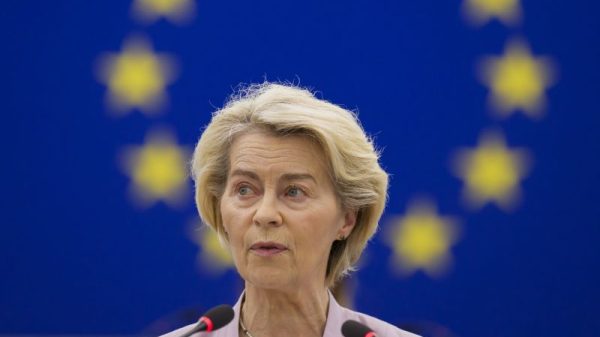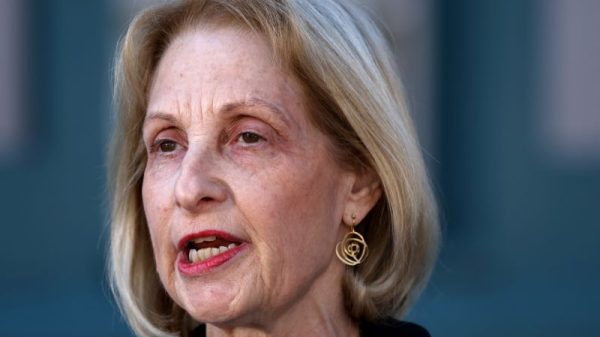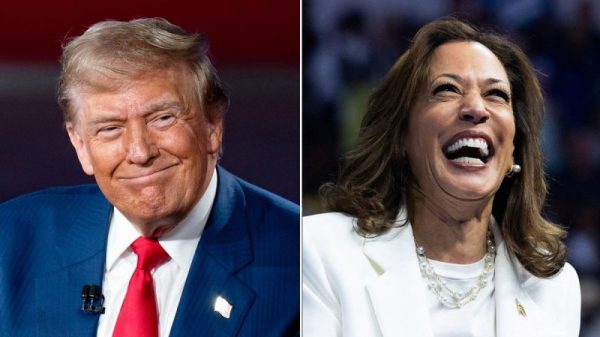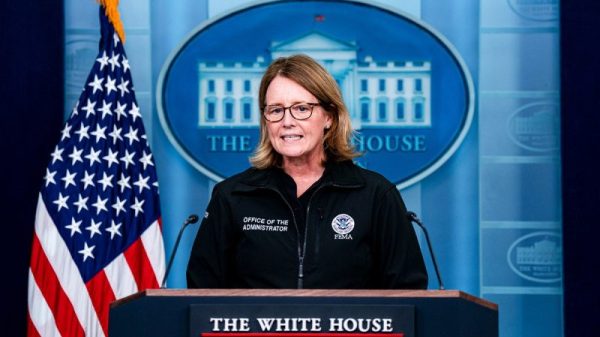Disney, one of the world’s most iconic entertainment companies, recently found itself entangled in a legal controversy that has shone a spotlight on the perils of overreaching legal tactics. The case involves Jeffrey Piccolo, who is suing Disney and the operators of a Disney Springs restaurant for the wrongful death of his wife, Dr. Kanokporn Tangsuan, following a severe allergic reaction.
In a surprising twist, Disney initially sought to push the case into arbitration, citing a clause from the terms and conditions of its Disney+ streaming service, which Piccolo had briefly subscribed to in 2019. After a public backlash, Disney withdrew its claim, allowing the case to proceed in court. However, this episode illustrates a broader danger for Disney: the Streisand effect.
The Streisand effect refers to a phenomenon where attempts to hide or suppress information only lead to greater public attention. It originated from a 2003 incident in which Barbra Streisand tried to prevent aerial photographs of her home from being published. Her legal efforts, rather than keeping the photos under wraps, brought widespread public and media attention to the images.
In Disney’s case, the attempt to move the lawsuit into private arbitration, away from public scrutiny, backfired in a similar way. Instead of avoiding negative publicity, the company found itself at the center of a growing controversy, as the public reacted strongly against what seemed like an attempt to sidestep accountability. The public’s reaction underscored the risks of aggressive legal tactics, particularly when they conflict with a company’s carefully crafted public image.’
Legal experts quickly criticized Disney’s approach. The idea that signing up for a streaming service could prevent someone from pursuing a wrongful death claim seemed not only legally tenuous but also ethically questionable. Disney was seen as pushing the envelope of contract law by arguing that agreeing to Disney+ terms meant accepting arbitration for any dispute involving the company, no matter how unrelated. This legal maneuver smacked of corporate overreach and sparked significant public backlash.
The outcry was swift, with many viewing Disney’s actions as an attempt to prevent a grieving husband from having his day in court. The perception that a media giant was trying to shield itself from accountability by exploiting an unrelated arbitration clause did not sit well with the public.
In response to the backlash, Josh D’Amaro, chairman of Disney Parks, Experiences, and Products, issued a statement acknowledging the sensitive nature of the situation and announced that Disney would no longer pursue arbitration. Instead, the company agreed to allow the case to proceed in court, hoping to expedite a resolution for the grieving family.
While this reversal may have been intended to stem the negative publicity, the damage had already been done. The incident not only generated bad press for Disney but also raised broader concerns about corporate arbitration practices.
The case highlighted the potential for companies to misuse arbitration clauses in ways that may not serve the best interests of consumers or, in this case, victims of tragic circumstances. By trying to keep the matter out of the public eye, Disney inadvertently drew even more attention to it, underscoring the risks of the Streisand effect.
For Disney, whose brand is built on wholesomeness and family values, the optics of this legal maneuver were particularly damaging. The disconnect between the image Disney projects and the reality of its legal strategies could have long-term implications for its reputation. This case serves as a reminder that in the digital age, where information spreads rapidly and public sentiment can turn on a dime, the line between protecting business interests and maintaining a positive public image is increasingly thin.
The lessons from this incident extend beyond Disney. For any corporation, the balance between legal prudence and public perception is crucial. Disney’s initial push for arbitration came across as an attempt to evade responsibility rather than a genuine effort to resolve the dispute fairly. As Disney moves forward, it must be mindful of the broader implications of its legal strategies and adopt a more transparent approach to maintain the trust of its audience.
































